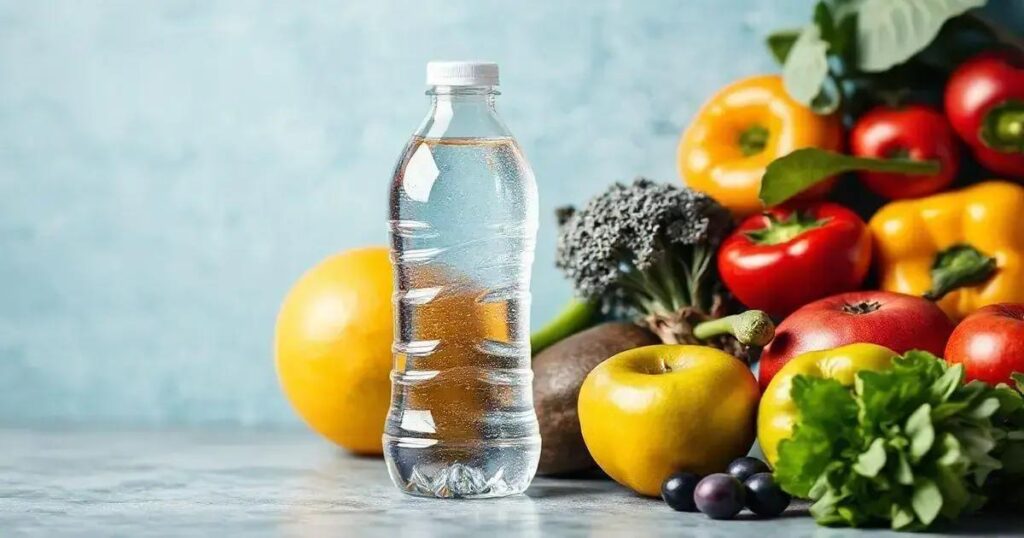The connection between proper hydration and weight loss is vital; adequate water intake boosts metabolism, helps regulate appetite, and enhances physical performance, making it easier to achieve weight loss goals.
Are you aware of the connection between proper hydration and weight loss? Hydration plays a vital role in your weight loss journey, impacting various bodily functions. In this article, we will delve into why staying hydrated is essential for anyone aiming to shed pounds effectively. From understanding how much water you should consume daily to exploring the adverse effects of dehydration on your metabolism, we aim to provide valuable insights and practical tips to help you stay hydrated throughout your day.
Why Hydration Matters for Weight Loss
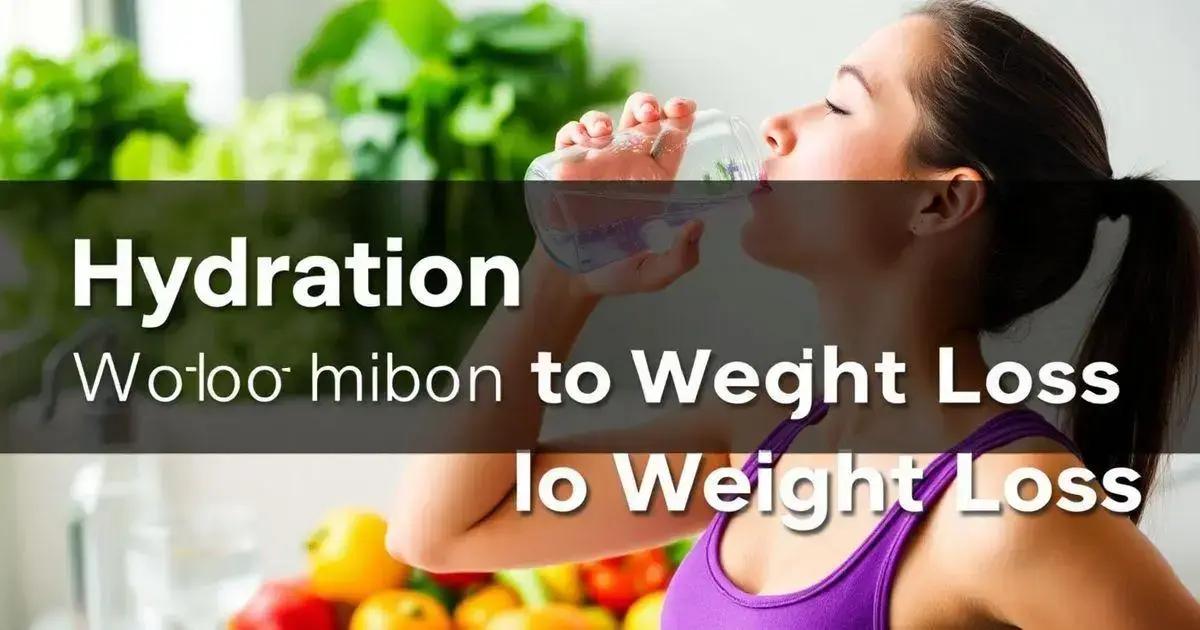
The connection between proper hydration and weight loss is often overlooked, yet it is extremely crucial. When your body is adequately hydrated, it can function optimally, which includes the processes related to weight loss.
Why Hydration is Essential
Hydration helps regulate your body’s temperature, keeps joints lubricated, and enables organs to function properly. Moreover, when you are hydrated, you are less likely to confuse thirst with hunger, thus preventing unnecessary snacking.
The Role of Water in Metabolism
Water plays a significant role in your metabolism. It helps break down food so your body can absorb its nutrients. Research suggests that drinking sufficient water can boost your metabolism by up to 30%, which supports weight loss.
Eliminating Toxins
Proper hydration aids in flushing out toxins from your body. When you are dehydrated, your kidneys may retain water, which can lead to water retention and a bloated feeling, making it more challenging to lose weight.
Enhancing Physical Performance
When you are well-hydrated, your physical performance improves significantly. Staying hydrated allows you to work out more efficiently, leading to greater calorie burn and muscle building, both of which are vital for weight loss.
How Much Water Should You Drink Daily?
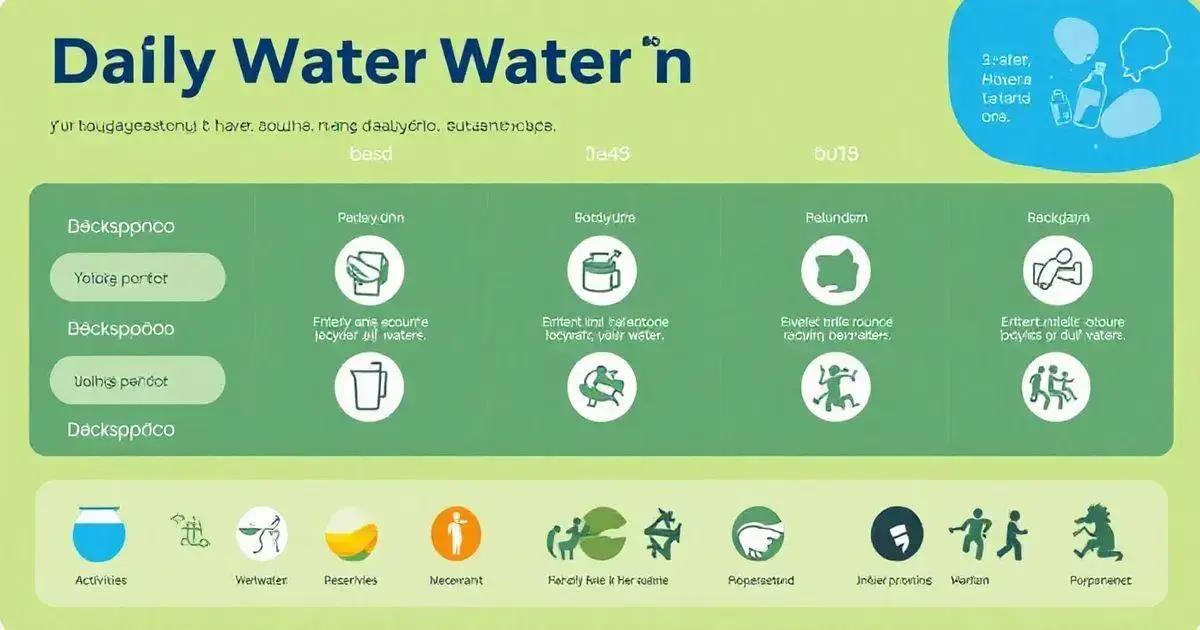
Knowing how much water you should drink daily is essential for maintaining proper hydration. The commonly recommended amount is about 8 to 10 cups of water each day, which equals roughly 2 to 3 liters. However, this can vary based on individual factors like age, weight, activity level, and climate.
Factors Influencing Water Intake
Your body needs more water if you are active or live in a hot climate. For active individuals, the general guideline suggests adding an extra 1.5 to 2.5 cups of water for every hour of exercise. Listening to your body’s signals can also guide you in adjusting your intake.
Weight and Water Needs
Your weight also plays a role in determining your water needs. A simple formula to estimate your daily intake is to divide your body weight in pounds by half. For example, if you weigh 150 pounds, aim for about 75 ounces of water per day.
Listening to Your Body
Pay attention to your body’s signals. Thirst is an obvious sign you need water, but the color of your urine can also indicate your hydration level. If your urine is light yellow, you are well-hydrated. If it’s darker, you may need to drink more water.
Adjusting for Other Factors
Other factors, such as special diets or health conditions, can also affect your hydration needs. For instance, those on high-protein diets may need to drink more water due to increased urination and digestion needs. Always consult with a healthcare provider if you are unsure about your hydration needs.
Effects of Dehydration on Metabolism
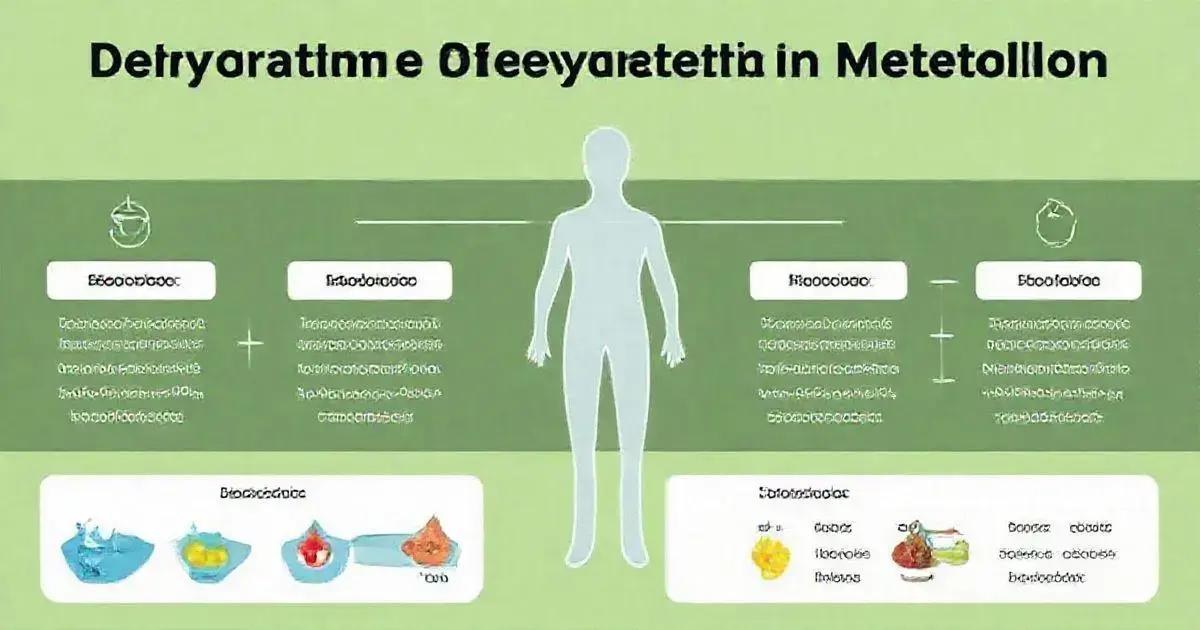
Dehydration can significantly affect your metabolism, impacting how effectively your body burns calories. When you don’t consume enough water, your body may struggle to perform essential functions, including those that regulate your metabolism.
How Dehydration Slows Metabolism
When the body is dehydrated, it may enter a state of energy conservation, slowing down metabolic processes. This slowdown can make it harder to lose weight, as your body is not efficiently utilizing the calories you consume.
The Impact on Caloric Burn
A study showed that mild dehydration can decrease caloric expenditure. This means that if you’re not drinking enough water, you might be burning fewer calories than needed for effective weight loss.
Importance of Water for Digestion
Water is crucial for digestion. When dehydrated, your body may struggle to break down food and absorb nutrients, hindering your intake of essential vitamins and minerals. A well-functioning digestive system is vital for a healthy metabolism.
Hormonal Imbalance
Dehydration can also affect hormones that play a key role in regulating your metabolism, such as insulin and cortisol. An imbalance in these hormones can lead to increased fat storage and decreased fat burning, further complicating weight loss efforts.
Tips to Stay Hydrated Throughout the Day
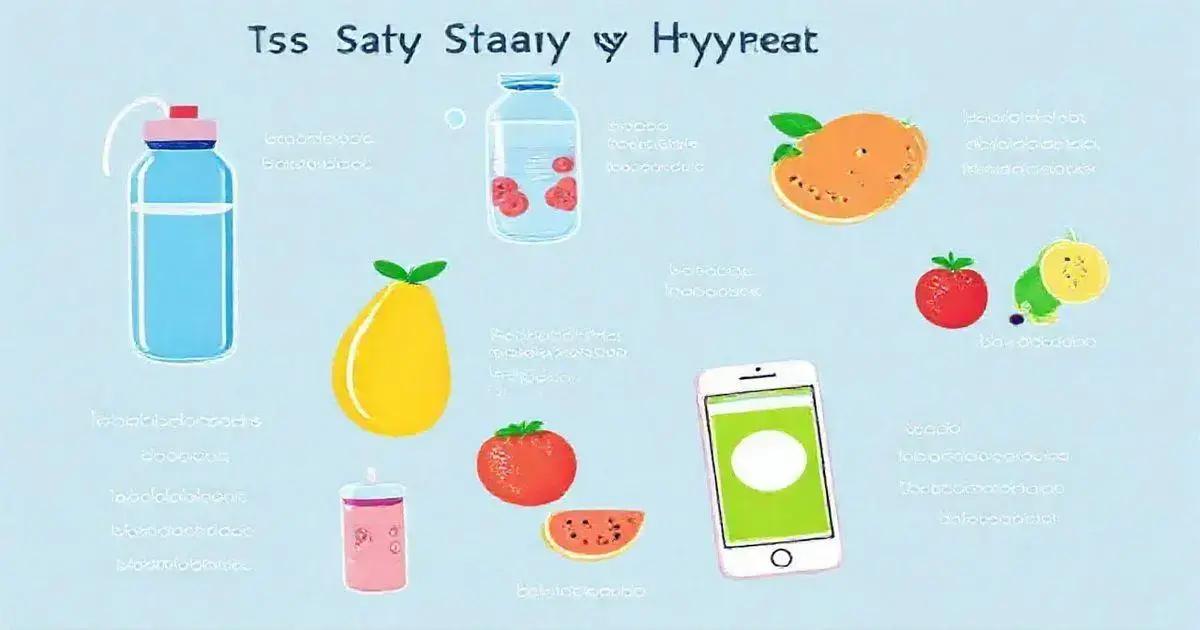
Staying hydrated throughout the day is essential for maintaining a healthy metabolism and aiding in weight loss. Here are some practical tips to help you stay hydrated:
1. Keep Water Accessible
Always have a water bottle with you. If it’s within reach, you are more likely to drink water regularly. Consider using a reusable bottle for convenience and the environment.
2. Set Reminders
Use your phone to set reminders or alarms to drink water. This can help you establish a routine and ensure that you don’t forget to hydrate throughout the day.
3. Flavor Your Water
If you find plain water boring, try adding slices of fruits like lemon, cucumber, or berries. This can make drinking water more enjoyable and encourage you to drink more.
4. Track Your Intake
Consider using an app or a water-tracking journal to monitor how much you drink every day. Keeping track can motivate you to reach your hydration goals.
5. Eat Water-Rich Foods
Incorporate foods with high water content into your meals, such as cucumber, watermelon, and oranges. These can contribute significantly to your hydration levels.
6. Drink Before Meals
Make it a habit to drink a glass of water before each meal. This not only helps with hydration but can also help you feel fuller, aiding in weight management.
7. Stay Hydrated During Exercise
Always drink water before, during, and after physical activity. Dehydration can hinder performance and recovery, so maintaining hydration is crucial.
In conclusion, understanding the connection between proper hydration and weight loss is crucial
Staying properly hydrated plays a key role in supporting your metabolism, enhancing physical performance, and regulating appetite. By following the tips outlined in this article, you can ensure that you remain adequately hydrated throughout the day.
Remember to keep water accessible, set reminders, and incorporate water-rich foods into your diet. With these strategies, you can optimize your hydration, which ultimately supports your weight loss goals effectively.
Hydration is more than just drinking water; it’s about ensuring your body functions efficiently and maintains a healthy lifestyle.
FAQ – Frequently Asked Questions about Proper Hydration and Weight Loss
How much water should I drink daily for weight loss?
A common recommendation is to drink about 8 to 10 cups of water a day, but factors like weight, activity level, and climate can influence your needs.
What are the effects of dehydration on metabolism?
Dehydration can slow down your metabolism, reduce calorie burn, and impair digestion, which can hinder your weight loss efforts.
Can I stay hydrated with beverages other than water?
Yes, beverages like herbal tea and water-rich foods such as fruits and vegetables can contribute to your daily hydration.
What are some tips to stay hydrated throughout the day?
To stay hydrated, keep water accessible, set reminders to drink, flavor your water with fruits, and track your daily intake.
How does hydration affect appetite control?
Staying hydrated helps prevent confusion between thirst and hunger, reducing the chances of overeating.
Is it possible to drink too much water?
Yes, though rare, excessive water intake can lead to water intoxication, which can disturb electrolyte balance. It’s essential to drink according to your body’s needs.

